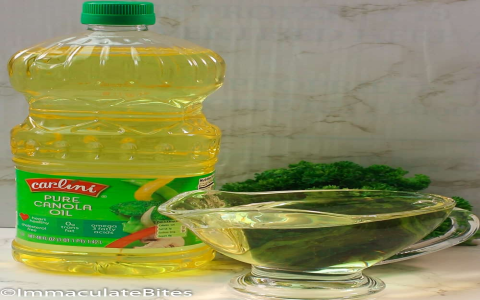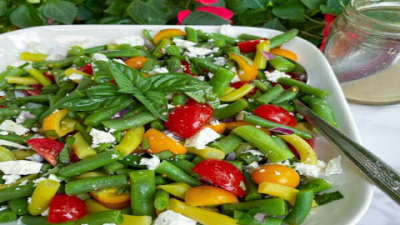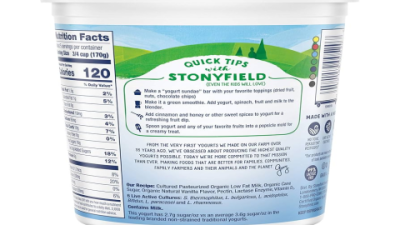1. Health-Focused Alternatives
If you’re trying to bake healthier treats, you might want to rethink using canola oil. While it’s popular, some folks worry about how it’s processed and its high omega- content. Luckily, there are plenty of oils out there that bring health benefits to your baked goods. Here are five great options:
- Olive Oil: Packed with antioxidants and heart-healthy fats, it’s a classic choice for healthier baking.
- Avocado Oil: Mild in flavor and rich in good fats, it’s perfect for moist cakes and muffins.
- Coconut Oil: Adds a subtle tropical twist and contains medium-chain fats that some say are good for you.
- Sunflower Oil: Light and neutral, it’s great if you want healthy fats without changing the taste.
- Flaxseed Oil: Loaded with omega-3s, but best used in recipes that don’t require high heat.
Switching to these oils can give your baked goods a health boost without sacrificing flavor or texture. Just remember to adjust quantities slightly if needed and enjoy experimenting!
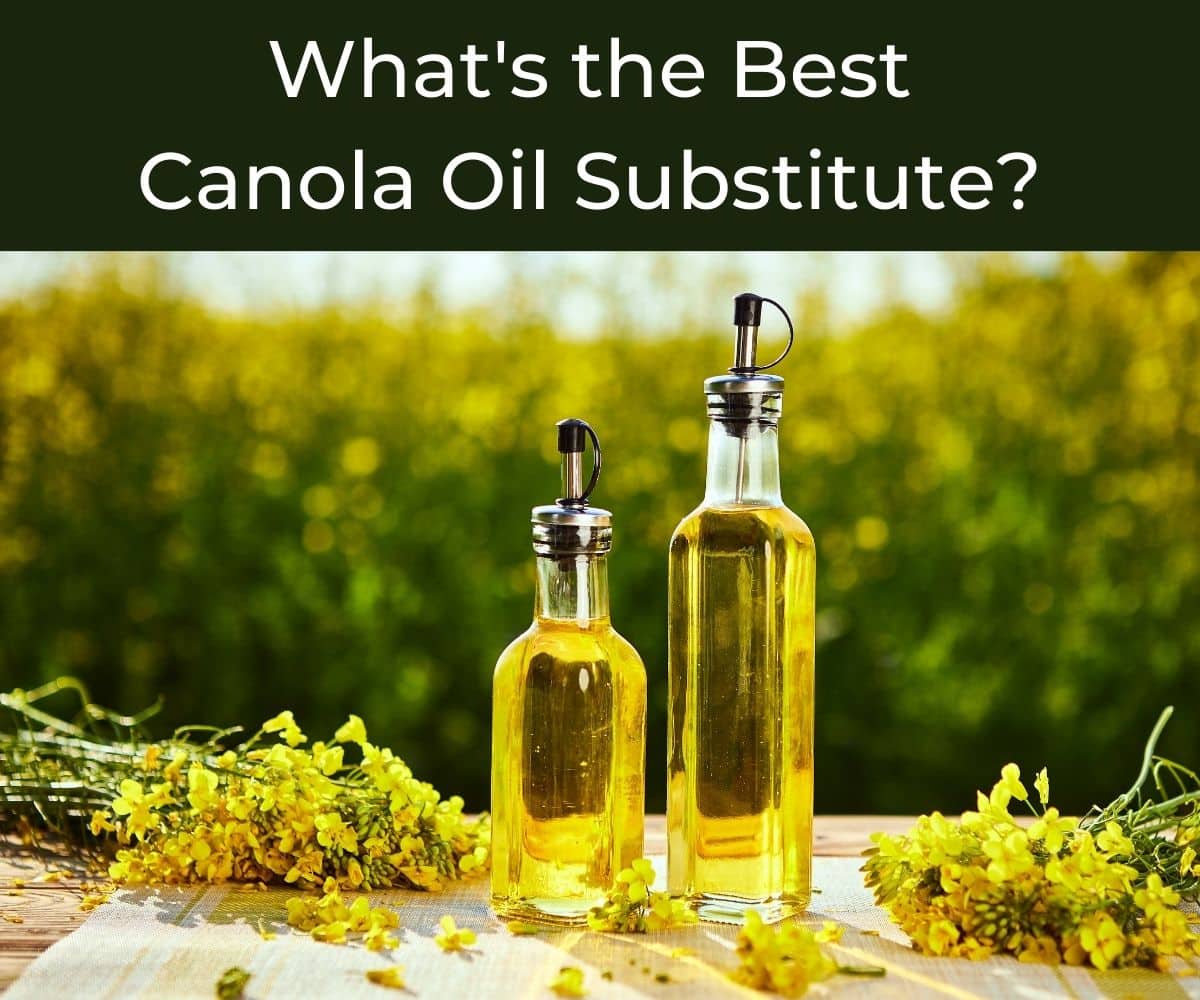
2. Flavor-Enhancing Substitutes
Did you know the oil you use can really change how your baked treats taste? Oils bring their own flavors, and sometimes that’s exactly what your recipe needs. Here are five oils that can add a little something special:
- Toasted Sesame Oil: A nutty, rich flavor perfect for Asian-inspired baked goods.
- Walnut Oil: Adds a deep, nutty note that’s fantastic in brownies or coffee cakes.
- Coconut Oil: Brings a light tropical flavor that works well in cookies and quick breads.
- Extra Virgin Olive Oil: Fruity and bold, great for savory breads and cakes.
- Macadamia Nut Oil: Smooth and buttery, it’s a luxurious addition to many recipes.
Try pairing these oils with different baked goods to find your favorite combos. It’s a fun way to add personality to your baking!
3. Allergy-Friendly and Dietary Needs
Baking with allergies or special diets can feel tricky, but there are plenty of safe oil options out there. Canola oil isn’t always the best choice if you’re avoiding certain allergens or following specific diets. Here are five alternatives that work well and keep your baking safe:
- Refined Coconut Oil: Great for those avoiding nuts and soy, with a neutral flavor.
- Avocado Oil: Allergy-friendly and mild, perfect for most diets.
- Vegetable Shortening: A solid fat alternative that’s nut-free and easy to use.
- Applesauce: A fantastic oil substitute in many recipes, especially if you want to cut fat.
- Olive Oil: Generally safe for most, but check for individual allergies.
Remember to always check labels and adjust recipes as needed to keep your baked goods both tasty and safe.
4. Budget-Friendly Alternatives
Want to bake delicious treats without spending a fortune? You don’t have to stick with canola oil if you’re looking to save a few bucks. Here are five wallet-friendly oil swaps that won’t break the bank:
- Vegetable Oil: Affordable and easy to find, it’s a reliable all-rounder.
- Sunflower Oil: Often priced similarly to canola, with a mild taste.
- Applesauce: A cheap, healthy substitute that also cuts calories.
- Yogurt: Adds moisture and tang, great for cakes and muffins.
- Margarine: A budget-friendly fat that works well in many baked goods.
Look for sales or buy in bulk to get even better deals. And don’t be afraid to try these simple swaps—you might find a new favorite!
5. Sustainability and Environmental Impact
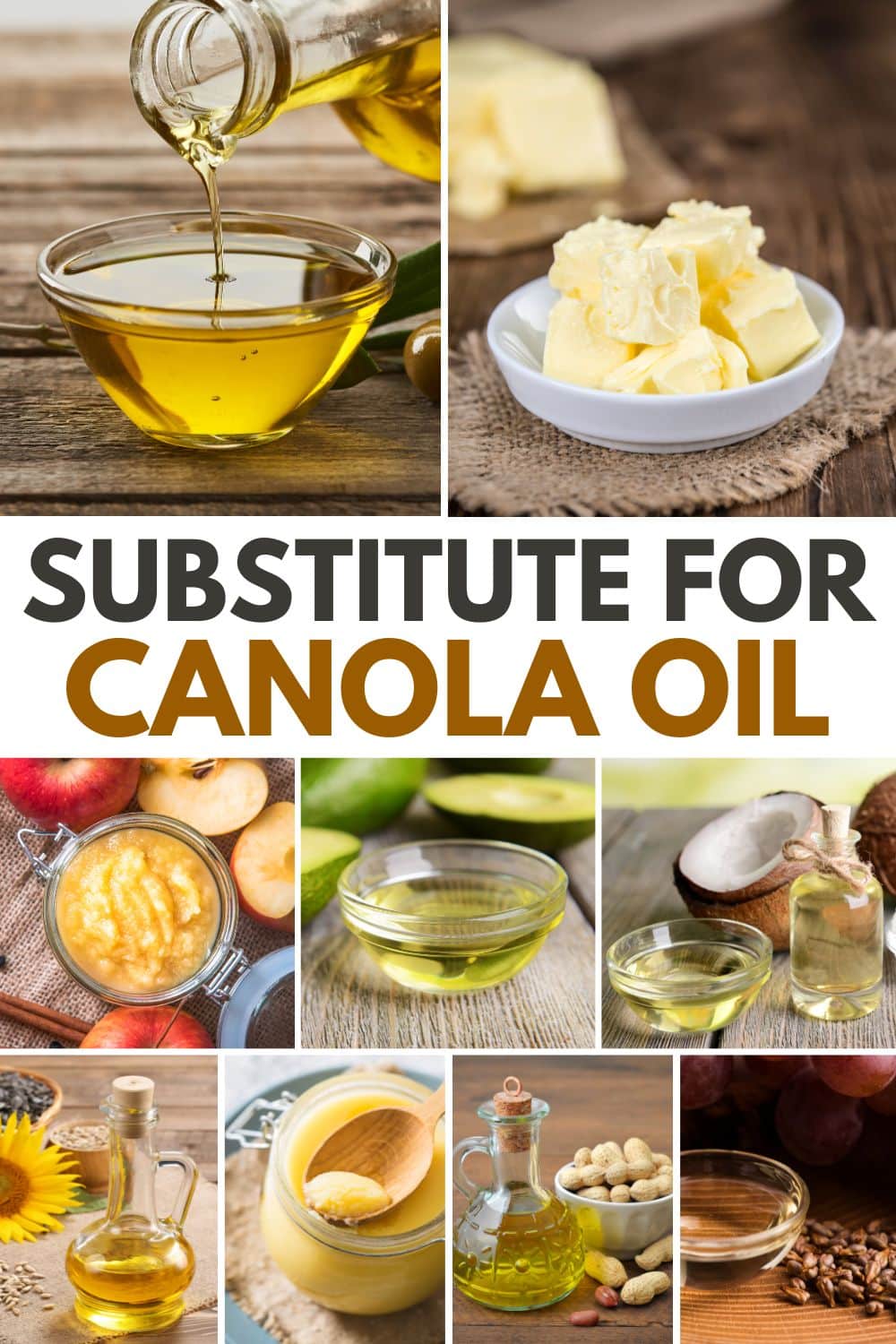
If you care about the planet as much as your baking, choosing sustainable oils is a smart move. Canola oil farming can sometimes involve heavy pesticide use and monoculture practices. Here are five eco-friendly alternatives that are kinder to the environment:
- Organic Olive Oil: Produced with fewer chemicals and supports biodiversity.
- Fair Trade Coconut Oil: Supports small farmers and sustainable harvesting.
- Avocado Oil: When sourced responsibly, it’s a great green choice.
- Sunflower Oil: Often grown with less intensive farming methods.
- Flaxseed Oil: A sustainable crop with minimal environmental impact.
When shopping, look for certifications like USDA Organic or Fair Trade to make sure your oils are truly sustainable. Small choices like these add up!
6. Performance and Baking Science
Ever wonder why oil matters so much in baking? It’s all about texture, moisture, and how your baked goods rise and stay fresh. Different oils behave differently when heated. Here are five alternatives to canola oil that perform well in baking:
- Vegetable Oil: Neutral and reliable, great for keeping cakes moist.
- Melted Butter: Adds richness and tender crumb, though it changes flavor.
- Coconut Oil: Solid at room temp, gives a slightly denser texture.
- Applesauce: Cuts fat and adds moisture, but can make baked goods a bit denser.
- Avocado Oil: Smooth texture and mild flavor, great for most recipes.
When swapping oils, try to keep the ratios close and watch for texture changes. If your cake feels dry, adding a bit more oil or using a moist substitute like applesauce can help.
7. Vegan and Plant-Based Alternatives
For those baking vegan treats, oil choice can make a big difference. Canola oil is vegan, but some like to explore other options for flavor or health. Here are five vegan-friendly oils and substitutes:
- Coconut Oil: Popular in vegan baking for its texture and mild flavor.
- Avocado Oil: A smooth, healthy option that keeps baked goods moist.
- Olive Oil: Adds a lovely flavor, especially in breads and cakes.
- Applesauce: A fat-free substitute that keeps things moist and tender.
- Nut Butters: Like almond or cashew butter, which add richness and protein.
Keeping your vegan bakes moist and tasty is easy with these options. Try mixing and matching to find what works best for your recipes. And don’t forget to check out simple vegan recipes that highlight these oils!
8. Regional and Cultural Alternatives
Baking is a global adventure, and different cultures use all kinds of oils and fats that bring unique flavors. Here are five regional alternatives that can add a fun twist to your baking:
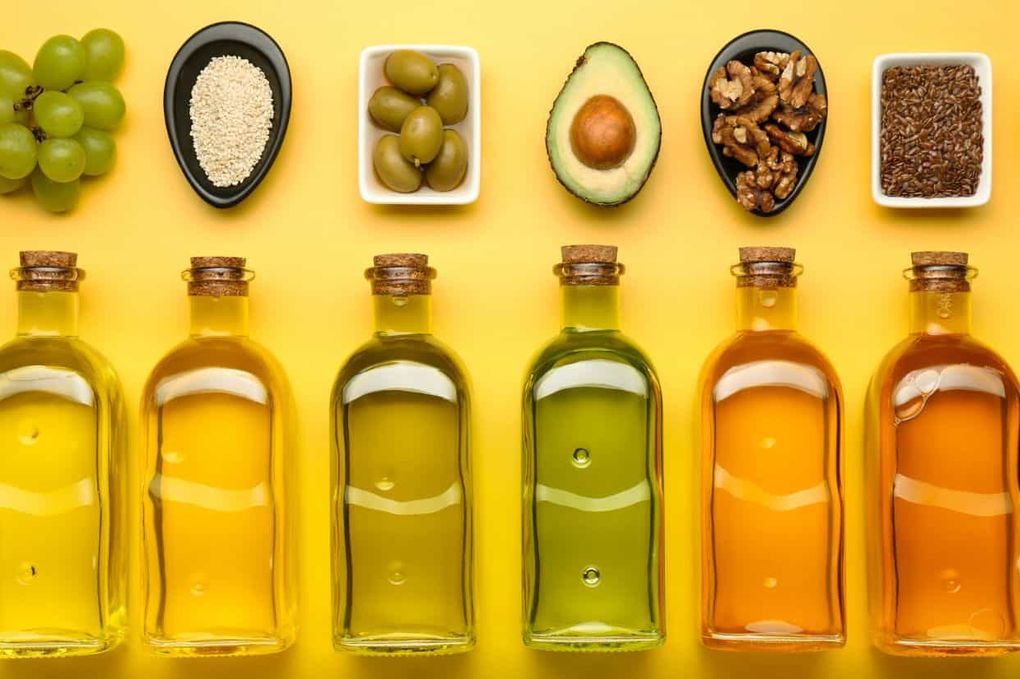
- Ghee (India): Clarified butter with a rich, nutty flavor, great for breads and sweets.
- Palm Oil (West Africa): Adds a distinctive taste and color to traditional cakes.
- Olive Oil (Mediterranean): Fruity and bold, a staple in many breads and cakes.
- Sesame Oil (East Asia): Strong and nutty, perfect for savory baked goods.
- Coconut Oil (Caribbean): Brings tropical warmth to cookies and cakes.
Try these oils to bring a little world flavor into your kitchen. It’s a great way to explore new tastes and traditions!
9. Kid-Friendly and Family Baking
Baking with kids is all about fun and safety. When it comes to oils, you want something mild and safe for little ones. Here are five kid-friendly alternatives to canola oil:
- Vegetable Oil: Mild and easy to use, perfect for most recipes.
- Applesauce: Adds natural sweetness and moisture without fat.
- Sunflower Oil: Light and allergy-friendly for many families.
- Mild Olive Oil: Use sparingly for a gentle flavor.
- Melted Butter: Adds richness and familiar taste kids love.
Introducing new flavors can be fun! Try simple recipes like muffins or cookies using these oils, and watch your little bakers light up with pride.
10. Quick and Easy Substitutes for Everyday Baking
Running out of canola oil right before baking? Don’t panic! Here are five quick and easy swaps you can grab from your pantry or fridge:
- Vegetable Oil: The easiest one-to-one swap.
- Melted Butter: Adds flavor and moisture.
- Applesauce: Great for cutting fat and adding moisture.
- Yogurt: Adds tang and keeps cakes moist.
- Olive Oil: Use if you don’t mind a bit of extra flavor.
These quick fixes mean you can keep baking without missing a beat. Just remember to adjust flavors and textures as you go, and enjoy your homemade goodies!
